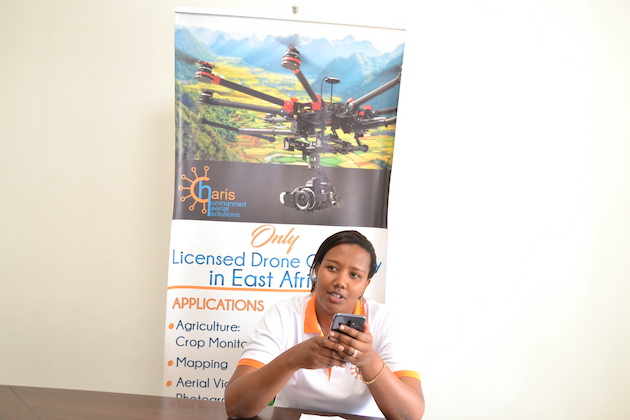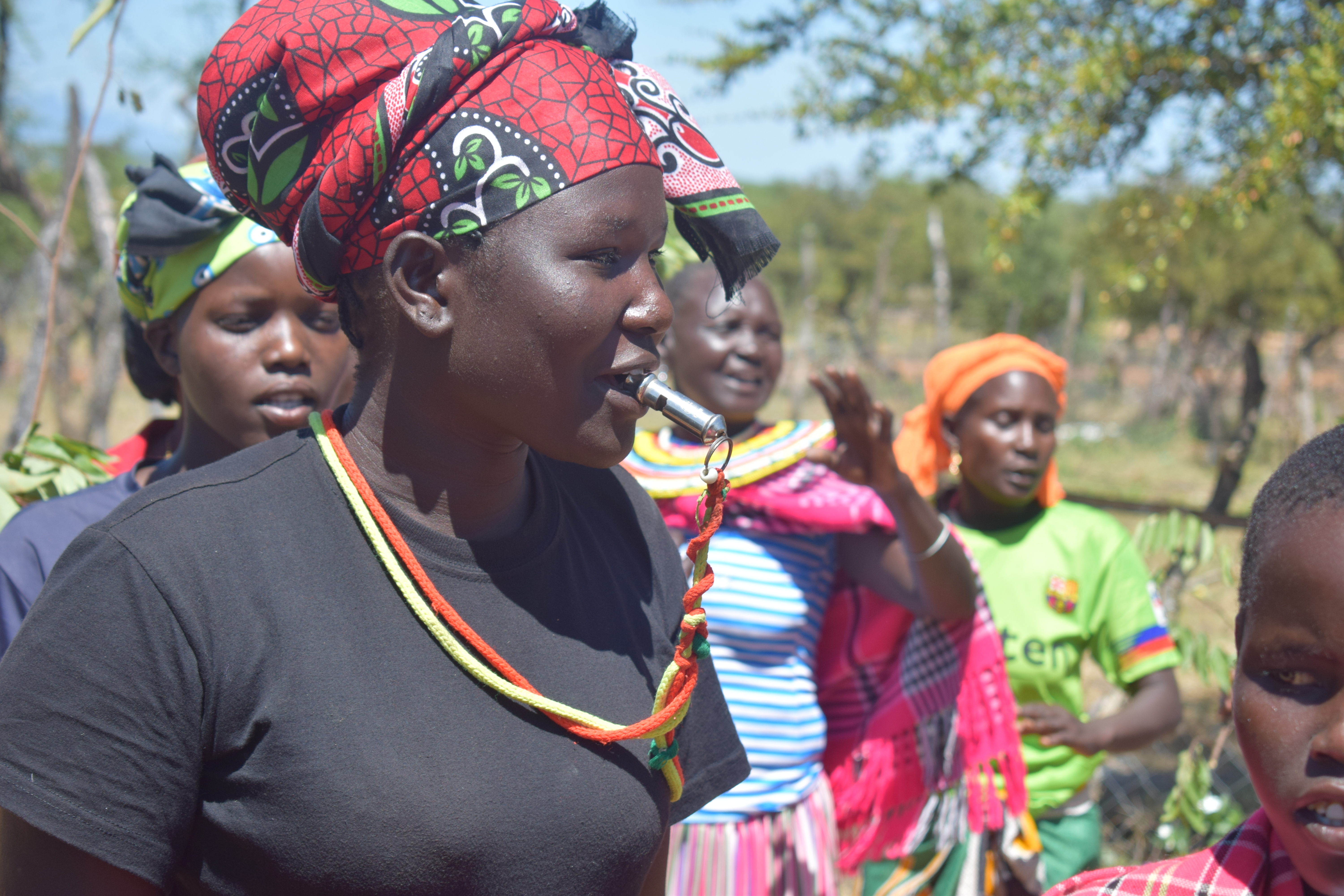Researchers Strive for Technological Innovations to Achieve Food Security in Africa — Global Issues
KIGALI, Jun 15 (IPS) – A few years ago, after coming up with a project of launching the first-ever unmanned aerial systems (UAS) in Rwanda, entrepreneur Mamy Muziga Ingabire identified the need to provide farmers with information related to their activity – such as the health status of crops.
“Major focus was to leverage drone technology to support smallholder farmers in increasing their productivity,” Muziga told IPS in a recent interview.
Muziga is the Managing Director of CHARIS Unmanned Vehicle Solutions, one of the Rwandan-based companies providing drone-based solutions.
Several solutions and applications have been introduced to provide Rwandan farmers with innovative technology for accessing timely information on climate change, crop health, and diseases affecting them for informed decisions. Using ICTs gives farmers more access to market information, weather, and nutrition.
Several solutions have developed during the implementation phase, including the project for the Nitrogen fertilisation of wheat crops using drone technology in Musanze, a district in Northern Rwanda.
A drone with fixed cameras and sensors is sent across the field, takes accurate images of the plantations and the land, and collects precise data. This data provides specific indicators that enable operators to know the crop’s health and what it needs as fertilizer to grow properly.
While entrepreneurs and officials hail gains smallholder farmers enjoy by using these technological solutions for a sustainable food value chain; researchers say it’s important to raise awareness about what these technologies can do for actors along the agriculture value chains.
The importance of science, technology, and innovation (STI) as an important driver of African integration was the main topic of a recent scientific conference in Kigali, Rwanda, attracting researchers, members of the private sector, civil society, and farmers’ organisations from across Africa.
The conference focused on new applications such as drones, precision agriculture, and mobile applications or other hardware systems to automate redundant processes and reduce dependency on human labour in the agriculture value chain.
To bridge the STI policy and practice gaps to transform agricultural development and food systems within the continent, researchers agreed that the current impacts of climate change on food security in Africa should not allow anyone to relax.
Dr Canisius Kanangire, the Executive Director African Agricultural Technology Foundation (AATF), observed that agriculture in Africa is characterised by low productivity, reflected in insufficient food production.
“We need to find the innovative solutions to key issues affecting food systems (…) Climate change is still having a growing impact on the African continent, hitting the most vulnerable hardest, and contributing to food insecurity,” Dr Kanangire told IPS.
While researchers seek to enhance the utilisation and adoption of productivity-enhancing technologies, value-adding processes, and loss-reducing practices among smallholder farmers in Africa, some experts in food systems believe that scaling these innovative solutions is still challenging.
“It is not only for the scientific community to develop solutions, but there is also a way to look at how end users can cope with these technologies,” said Claver Ruzindaza, an agricultural extension professional in Kigali.
With current efforts to deliver hi-tech services through public and private partnerships, researchers seek to equip smallholder farmers in Africa with knowledge of agronomic techniques and skills to improve their productivity, food security and livelihoods using innovative technologies.
“We need to change this narrative which maintains the farmer into the poverty status at a point where a farmer is always synonymous to a poor person,” Kanangire said.
Despite the vast agricultural potential, the latest estimates by the African Development Bank indicate that African countries are experiencing one of the highest prevalence of undernourishment in the world. Official reports show that out of about 795 million people suffering from chronic undernourishment globally, 220 million live in Africa.
Nevertheless, AAFT has developed seed varieties that are more productive and resistant to diseases and droughts, which could increase farm productivity and food availability on the continent has been executed in Malawi and Zimbabwe, while it is currently being expanded in Uganda and Ghana.
Martin Bwalya, Acting Director for Knowledge Management and Programme Evaluation at the Africa Union Development Agency (AUDA-NEPAD), told IPS that Africa needs to adopt innovations to reduce reliance on food imports.
“The continent is highly vulnerable because we are importing a massive amount. Close to 30 per cent of food in the continent is being imported,” Bwalya said.
As current efforts focus on mitigating the commodity disruptions caused by the Russia-Ukraine war, experts in Kigali unanimously acknowledged the importance of promoting intra-African trade. Growing Africa’s agribusiness sectors by using innovative solutions to help smallholder farmers to become more productive was crucial.
“This agricultural transformation in Africa requires the concerted effort of all stakeholders including policymakers, researchers, private sector and farmers,” Kanangire said.
IPS UN Bureau Report
Follow @IPSNewsUNBureau
Follow IPS News UN Bureau on Instagram
© Inter Press Service (2022) — All Rights ReservedOriginal source: Inter Press Service
Check out our Latest News and Follow us at Facebook
Original Source







